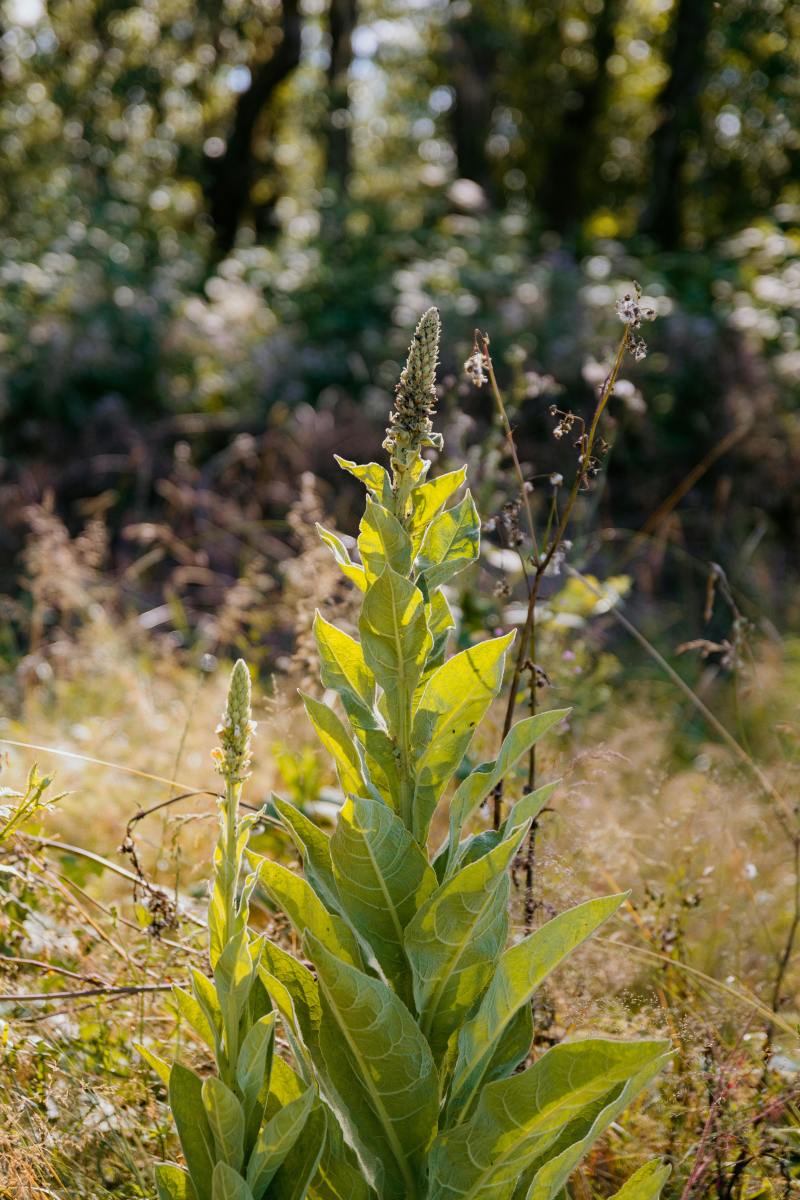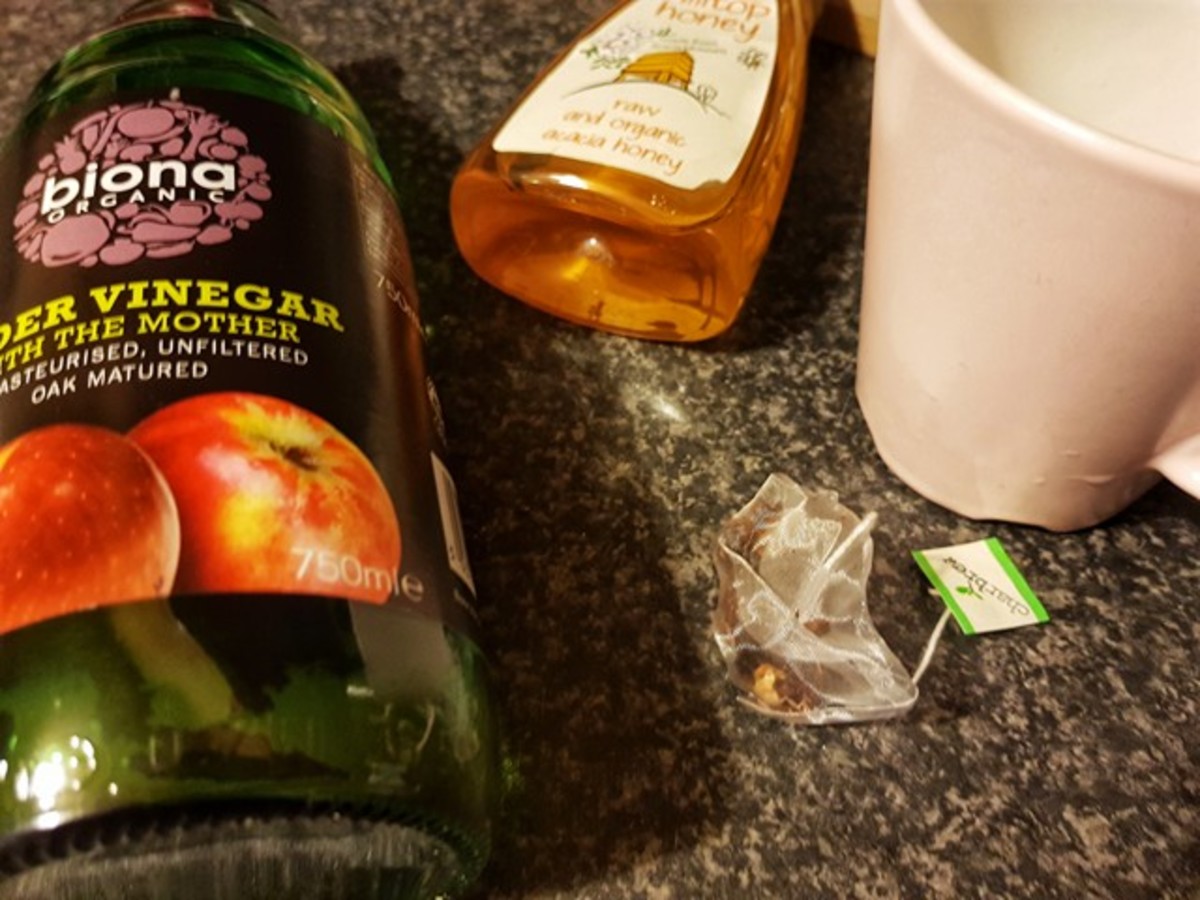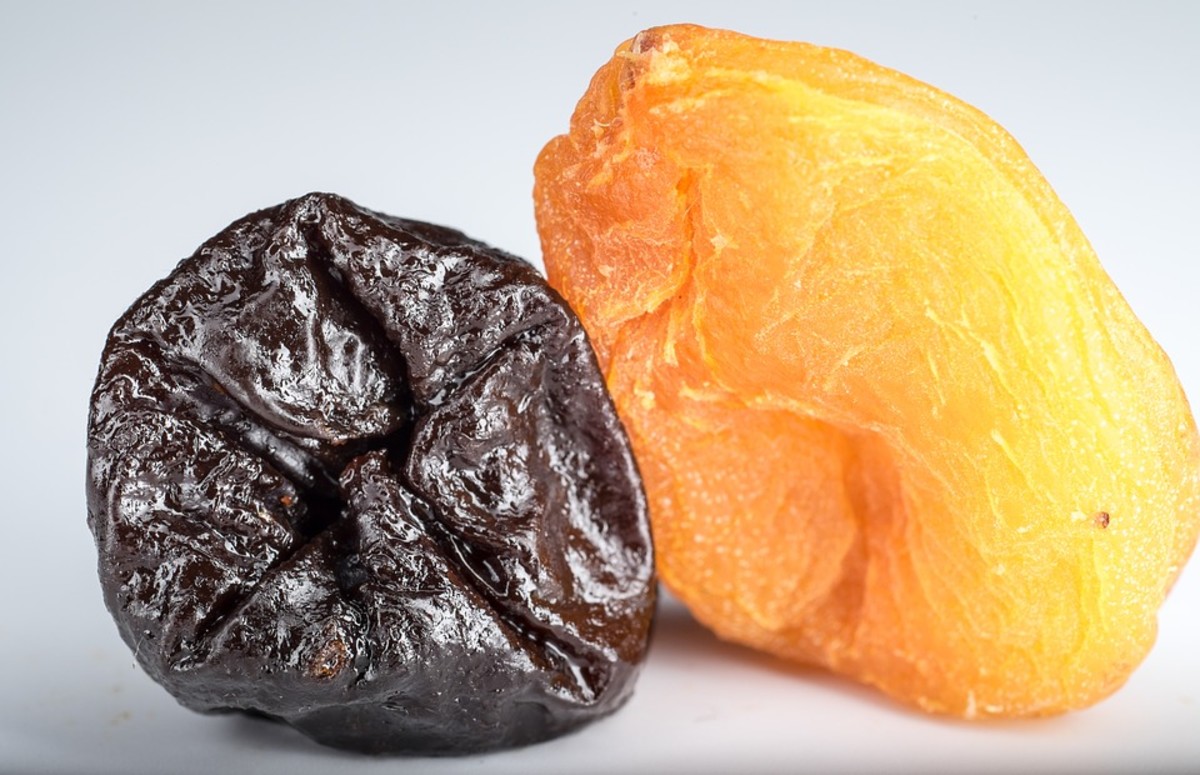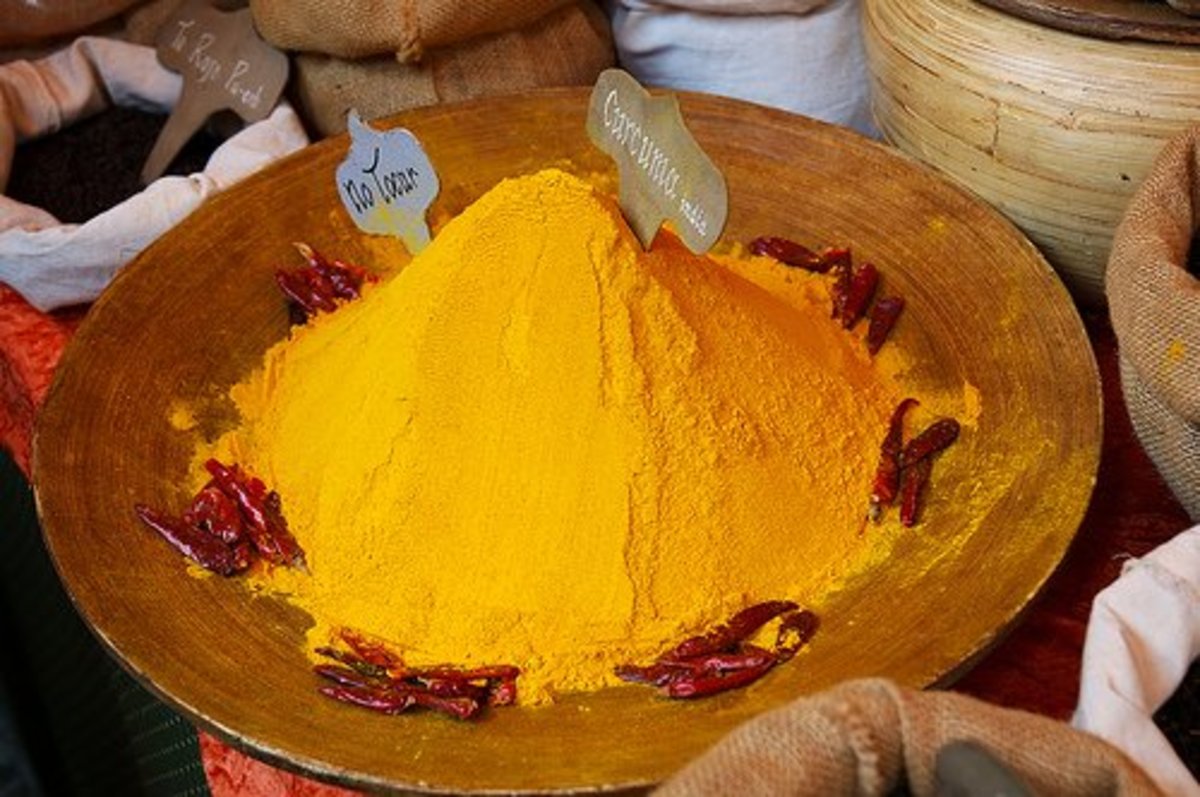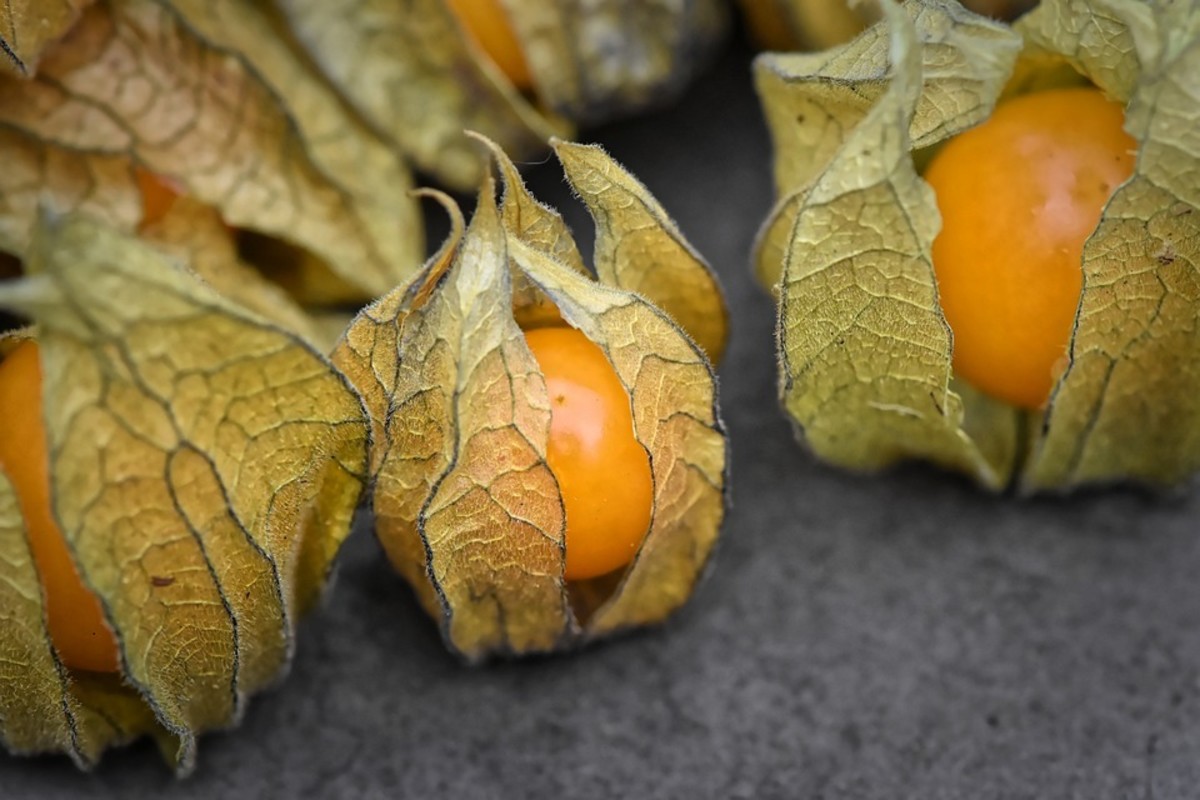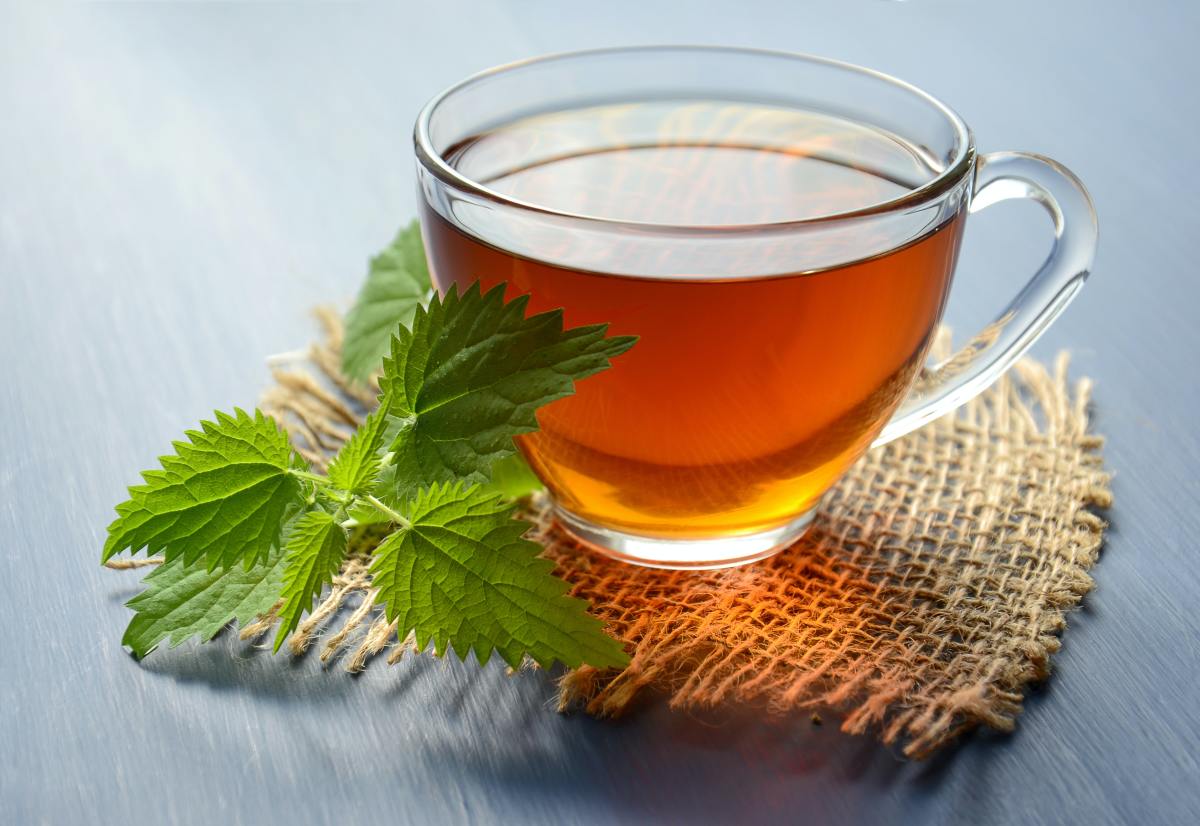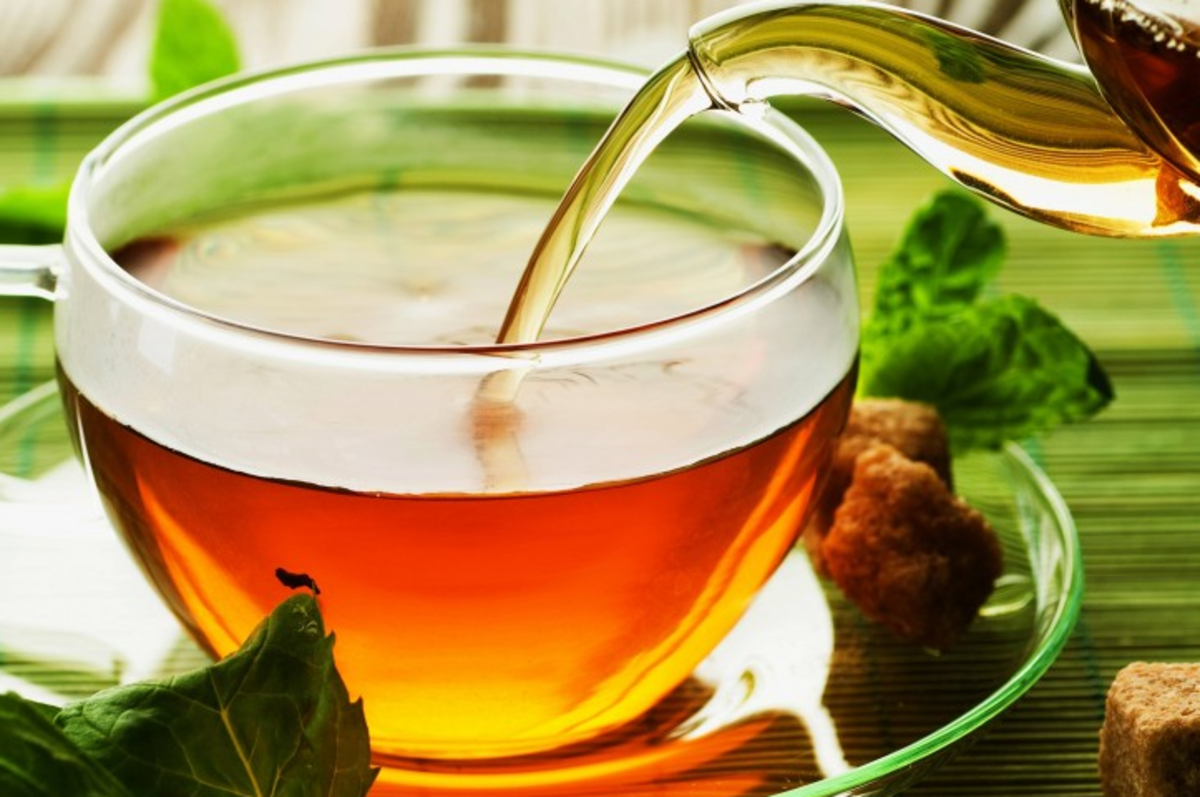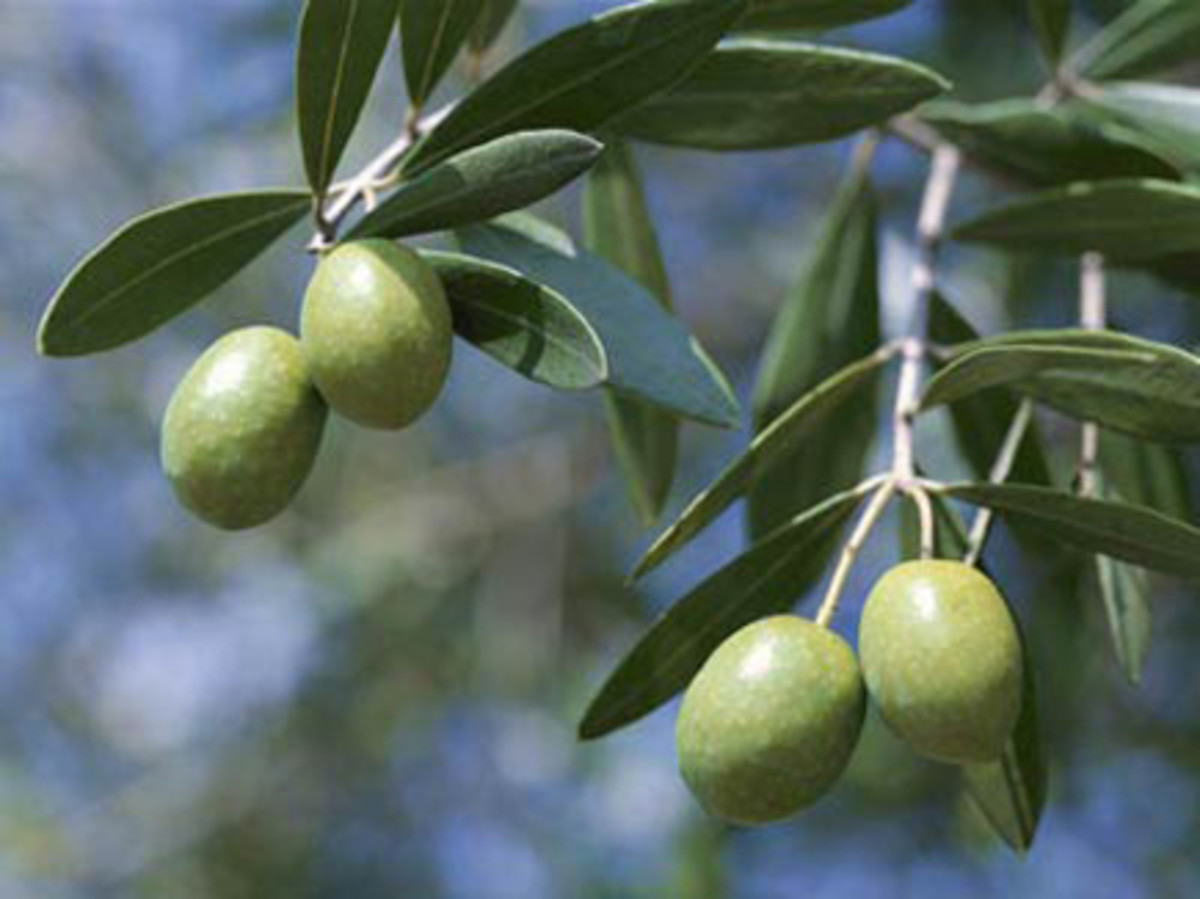Greek Mountain tea, Sideritis, a marvelous herb!
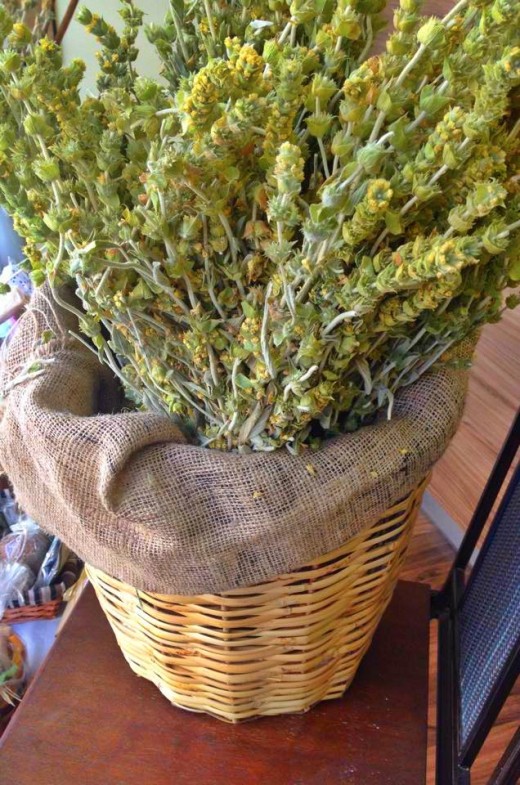
In contrast to the widely publicized Green Tea, which is rich in caffeine, is considered by the alternative therapeutics to be particularly addictive (and harmful in large quantities) to the body.
We love it for its pleasant taste and its beneficial ingredients with which it supplies our body.
We drink it at any time of day and unlimited without fear.
The mountain tea is can be drank without sugar because it is not bitter as the Asian tea and it tastes good.
You can also add honey, cinnamon, lemon to the classic mountain tea. Trust the herbs that have lived for years in our tradition and you will certainly not miss.
Mountain tea has many beneficial properties, due to the essential oils it contains and especially to the flavonoids.
Since antiquity, Hippocrates and later Theophrastus and Dioscorides focused on the healing action of the herbs.
Their knowledge has been passed on from generation to generation and today there are dozens of documented studies, from modern medical science to confirm the benefits to human health.
About 17 species are found in the mountains of Greece. Most are native to high-altitude rocky areas, its rough collection almost threatens to extinction
Mountain tea belongs to the Lamiaceae family and to the genus Sideritis.
At Athos, Pindos and Samothraki called Sideritis Athoa (mountain tea or Athos tea or Vlach tea or betononika).
In Parnassos and Velouchi named Sideritis Raeseri .
In Taygetos and Malevos, called Sideritis Clandestina.
In Mount Olympus as an incomplete species at altitudes above 1000 meters, in Pelion and Kissavos, called Sideritis Scardica .
In the White Mountains of Crete at an altitude of 1300-2000 meters under the name Sideritis Syriaca .
In Dirfi, Evia, at an altitude of 1000-1500 meters, named Sideritis Euboea and of course in quite a few other places.
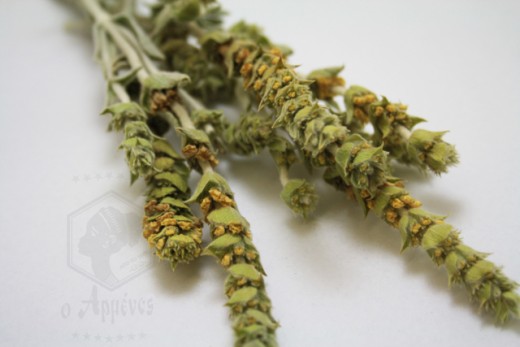
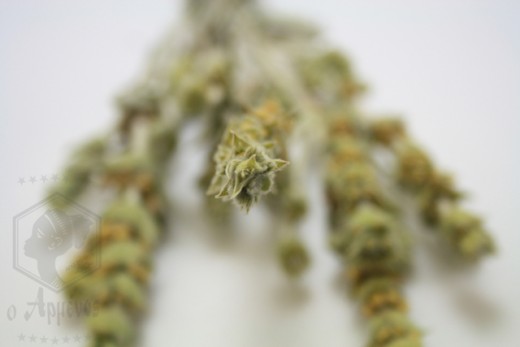
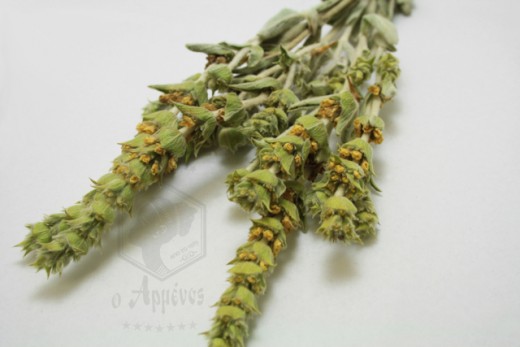
The power and ingredients of the mountain tea
Mountain tea contains plenty of ingredients such as flavonoids, diterpenes, phenylpropanes, iridoids, monoterpenes.
These substances are responsible for both the anti-inflammatory action in the acute phase of inflammation presenting mountain tea and its antioxidant properties.
It is considered:
Antispasmodic
Analgesic
Antioxidant
Anxiolytic
Treating
Stimulant
Anti-irritant
Antianaemic because it contains iron
It is a diuretic and detoxifying agent.
Mountain Tea Effects Beneficial In:
It protects against Alzheimer's disease.
Inflammation of the upper respiratory tract
Combating dyspepsia and gastrointestinal disorders
Stimulator of the brain and muscles
Accelerates breathing
It strengthens the immune system
Helps fight the cold, nasal congestion
In the prevention of osteoporosis and anemia
Improves cardiovascular function
Its antioxidant properties help prevent cancer.
Its essential oil, especially that of malothrace, is highly active antimicrobial due to its high carbacrol content.
According to a study by the University of Athens, extracts of Sideritis euboea and Sideritis clandestina can contribute to the prevention of osteoporosis by protecting against bone loss and enhancing bone strength.
Experiments done in mice found that the antioxidant defense of brain regions was enhanced.
The way we prepare the mountain tea is very basic, as it should not boil to a high degree because it will destroy its ingredients.
The right way is to boil the water first and before it starts to boil it we remove it from the fire. Add the mountain tea, leave it for 3-4 minutes and then strain it.
Alternatively, we can boil the tea along with the water, but we will again remove it from the fire before it even boils.

